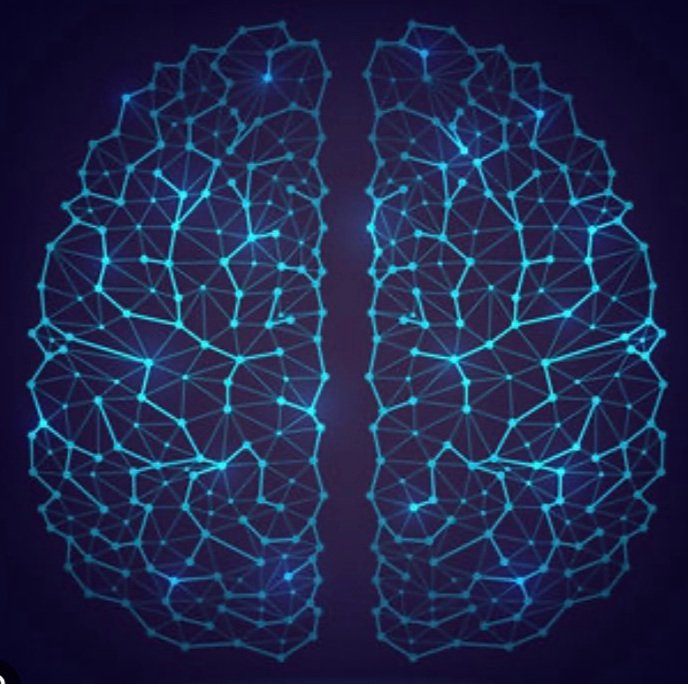Eye Movement Desensitization and Reprocessing Therapy
A Neurobiological Approach to Trauma and Negative Events
What is EMDR?
EMDR (Eye Movement Desensitization and Reprocessing) is an evidence-based practice, proven effective to help people recover from trauma and other distressing life experiences. EMDR involves 8 phases that are specifically designed to help your brain process unresolved memories and activate its natural healing capacity. It works on a faster and deeper level than traditional “talk therapy”. EMDR therapy is endorsed by many organizations around the globe as a highly effective treatment.
How does EMDR work?
Your brain’s information system gets blocked or creates an imbalance caused by the impact of a disturbing event, and the brain is unable to fully process your reactions to a healthy state of resolution. When this happens, the negative feelings, thoughts, and physical sensations about the event get stuck in our nervous system and are not able to naturally resolve. These unresolved memories can affect how you experience everyday life. Your brain cross-references everything you experience in the present with information stored in your memory system.
EMDR activates the body’s natural healing process by utilizing an eye movement technique called Bilateral Stimulation (BLS). BLS is similar to what occurs during REM sleep and helps to facilitate information processing and relieve the effects of trauma and negative beliefs.
Upon completion of EMDR therapy, you will still remember what happened, but you will not be overwhelmed when recalling the painful memories of the incident, it will be recalled as a distant memory behind a veil. This allows you to access positive ways of viewing the original trauma and to release the stored negative emotional reactions related to it.
What issues does EMDR treat?
ADD/ADHD
Anxiety and Panic attacks
Depression
Eating disorders
Fears and Phobias
Interpersonal difficulties (trust, abandonment, social anxiety, performance anxiety)
Grief and Loss
Low self-esteem
Pain management
Performance Enhancement (athletes, performers, and executives)
Relationship issues
Painful and Disturbing memories
Post-Traumatic stress
Sexual, emotional, physical abuse
Any negative experiences
HOW EMDR WORKS
EMDR is endorsed by the following:
American Psychiatric Association
International Society for Traumatic Stress Studies
Department of Health and Human Services
U.S. Department of Veterans Affairs
World Health Organization
Department of Defense

